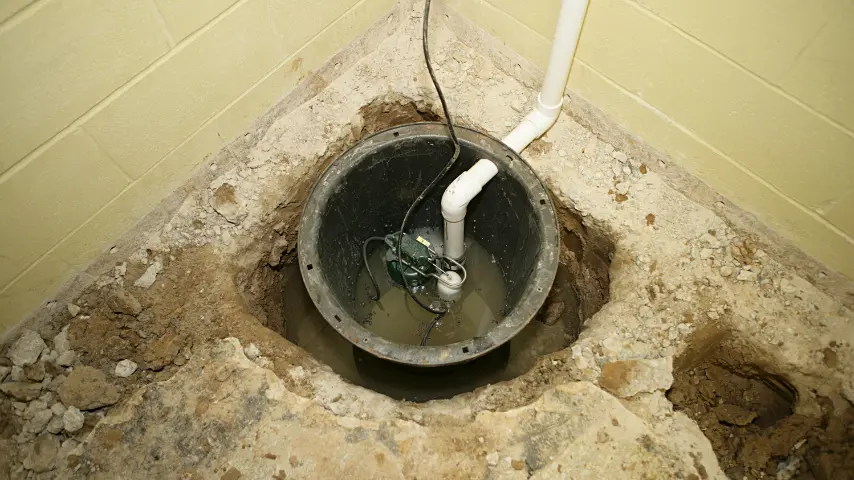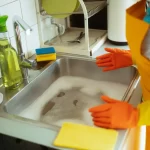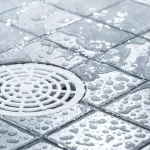As winter approaches, the comfort of your home becomes a refuge from the frigid outdoor temperatures. However, the colder months bring specific challenges for your plumbing system that require attention to avoid potential problems. Understanding these winter plumbing issues and knowing how to address them is essential for a smooth and trouble-free season. Here’s a look at some common winter plumbing problems and practical solutions to keep your home safe and efficient.
1. Frozen Pipes: A Chilling Reality
Frozen pipes are one of the most notorious winter plumbing problems. When water freezes, it expands, increasing pressure within the pipes. This pressure can cause pipes to crack or burst, leading to significant water damage and costly repairs. To prevent frozen pipes, take the following steps:
- Insulate Pipes: Insulate pipes in unheated areas such as basements, attics, and garages. Pipe insulation sleeves or heat tape can help keep the pipes warm.
- Let Faucets Drip: During extremely cold spells, let a trickle of water flow through faucets connected to vulnerable pipes. This keeps water moving and reduces the risk of freezing.
- Seal Gaps: Seal gaps around windows, doors, and where pipes enter the home to prevent cold air from reaching your pipes.
2. Water Heater Woes: Keeping the Heat On
Water heaters face increased demand during winter as families use more hot water. To ensure your water heater performs efficiently and effectively:
- Regular Maintenance: Schedule regular maintenance to check for sediment buildup in the tank. Flushing the tank helps remove sediment and improve efficiency.
- Optimal Temperature Setting: Set the temperature on your water heater to around 120°F. This setting balances efficiency and safety, preventing scalding while ensuring adequate hot water supply.
Inspect for Leaks: Regularly inspect the water heater for any signs of leaks or damage, which can become more problematic in winter.
3. Blocked Drains: The Cold Clog Conundrum
Blocked drains can become a bigger issue during winter, particularly if oils, grease, or other inappropriate materials are poured down the sink. These materials can solidify in cold pipes, leading to clogs. To prevent blocked drains:
- Avoid Pouring Grease: Dispose of oils and grease in the trash rather than pouring them down the drain. Grease can solidify in pipes and cause blockages.
- Use Drain Strainers: Install drain strainers to catch debris and prevent clogs from forming.
Regular Drain Cleaning: Schedule regular drain cleaning to keep your pipes clear and prevent build-ups that can exacerbate winter clogs.
4. Sump Pump Check-Up: Avoiding Winter Water Woes

If your home relies on a sump pump to manage water accumulation, it’s essential to ensure it’s functioning correctly before winter sets in. A malfunctioning sump pump during a winter storm can lead to significant water damage and flooding in your basement.
Preventive Measures:
- Clear Debris: Regularly clear any debris from the sump pump pit to ensure unobstructed operation. Debris can hinder the pump’s performance and lead to failures.
- Test the Pump: Test the sump pump by pouring water into the pit. Ensure the pump activates and removes the water effectively.
Check the Power Supply: Make sure the sump pump is properly connected to a reliable power source and consider installing a backup power supply in case of power outages during storms.
5. Outdoor Faucets: An Overlooked Vulnerability
Outdoor faucets can be a vulnerable spot in your plumbing system during winter. Freezing temperatures can cause water in outdoor faucets and hoses to expand, leading to cracks or ruptures in the pipes.
Preventive Measures:
- Disconnect and Drain Hoses: Always disconnect garden hoses from outdoor faucets and drain any remaining water. This prevents the water from freezing inside the hoses and causing damage.
- Shut Off Water Supply: If possible, shut off the water supply to outdoor faucets and drain any water from the pipes. This can help prevent freezing and protect your internal plumbing system.
Install Faucet Covers: Use insulated faucet covers to provide extra protection against freezing temperatures.
6. Proactive Inspections: An Ounce of Prevention
One of the most effective ways to prevent winter plumbing issues is through proactive inspections. A pre-winter inspection by a professional plumber can identify potential problems such as cracks, leaks, or inadequate insulation, allowing you to address them before they escalate.
Benefits of a Professional Inspection:
- Identify Vulnerabilities: A professional can spot issues that may not be obvious to homeowners, such as weak spots in insulation or small leaks that could worsen in cold weather.
- Ensure Proper Insulation: Verify that your plumbing is adequately insulated to handle winter temperatures.
- Save on Costs: Addressing minor issues early can save you from more costly repairs down the line and prevent potential water damage.
Conclusion
Winter can pose significant challenges to your plumbing system, but a proactive approach can greatly reduce the risk of problems. Regular maintenance, timely inspections, and some basic preventive measures can help ensure your plumbing runs smoothly throughout the season, allowing you to enjoy the winter months in the warmth and comfort of a problem-free home.
By addressing plumbing issues promptly and preparing in advance, you can avoid the inconvenience and expense of major repairs. Stay warm, stay prepared, and keep your plumbing in top shape this winter!
Remember, dealing with plumbing issues promptly not only prevents further damage but can also save you from the inconvenience and expense of major repairs. Stay warm and stay prepared!






